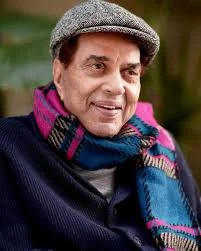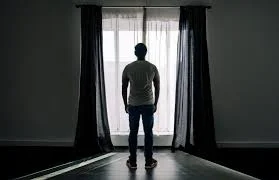Main Stories

30 May 2025, Friday
‘Saru’ actress Mohak Matkar: Ragging isn’t just a fictional twist in the show
...

30 May 2025, Friday
Dharmendra wishes Happy Anniversary to ‘darling kids’ Bobby Deol, his wife Tanya
...

30 May 2025, Friday
Kashmir had major problem, Article 370 abrogation put an end to it, says Salman Khurshid
...

30 May 2025, Friday
Study links depression with high risk of dementia in both mid and later-life
...

30 May 2025, Friday
Rajkummar talks about why he would choose films like ‘Shahid’, ‘Maalik’, and ‘Newton’
...

30 May 2025, Friday
Mohanlal presents golden vel as offering at Murugan temple for Thudarum's success!
...

30 May 2025, Friday
India to remain fastest-growing economy, trade talks with US on track: Piyush Goyal
...

30 May 2025, Friday
Tiger thanks Subhash Ghai for making his ‘dad’ Jackie Shroff ‘overnight superstar’
...

30 May 2025, Friday
Janet Jackson shares childhood photo with sisters Rebbie, La Toya: Love you incredibly
...

30 May 2025, Friday
Shweta Tripathi returns to theatre as a producer after a decade with queer drama
...

30 May 2025, Friday
Milap Zaveri lauds Sonam Bajwa for delivering the most ‘dhamaakedaar’ performance on set
...
Gallery
Actress Tamanna New Glam Stills
02 March 2025, Sunday
Breakfast in Bed With White Tulips
19 November 2024, Tuesday
Cooked Food On White Ceramic Plate.
19 November 2024, Tuesday







